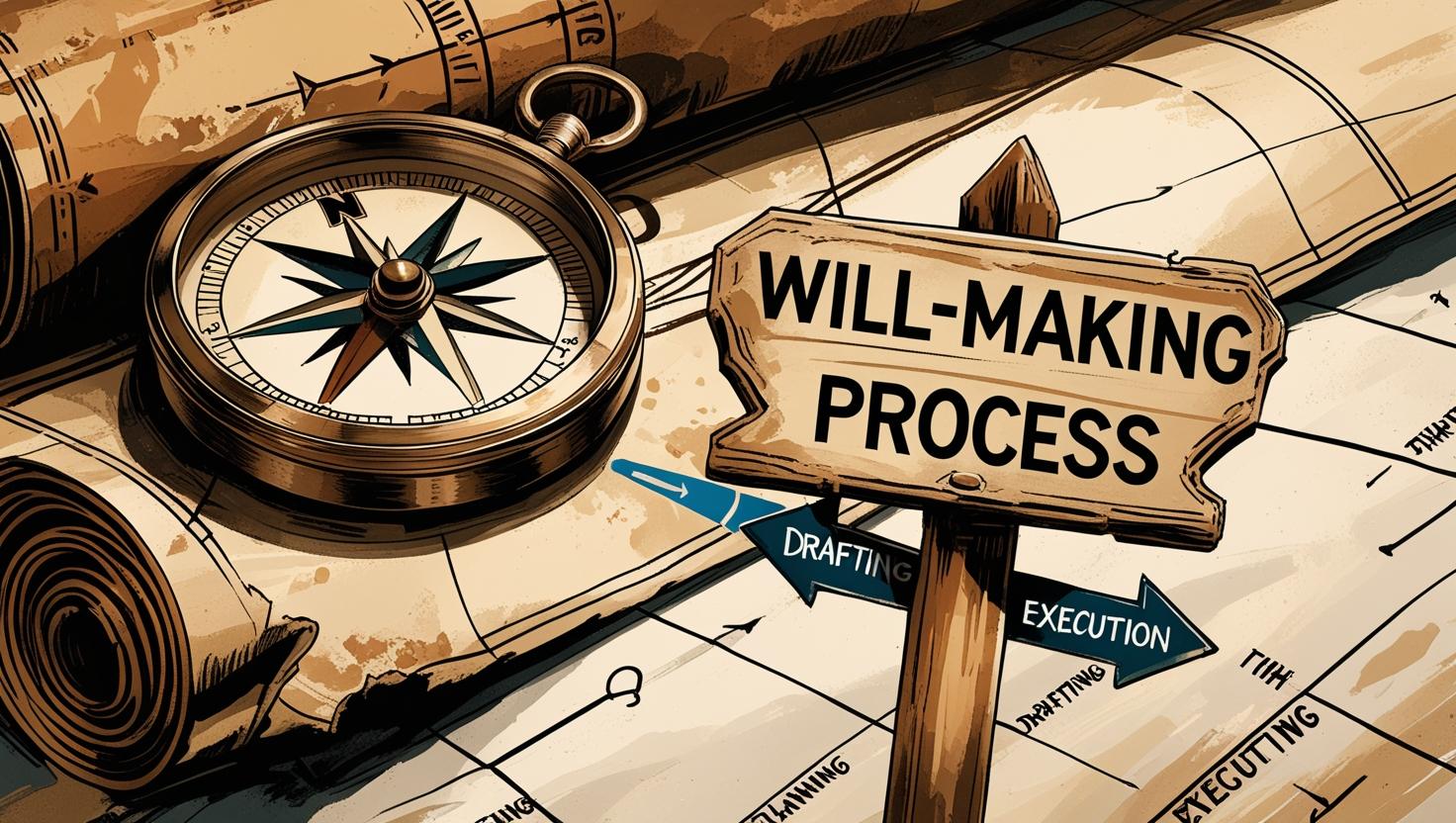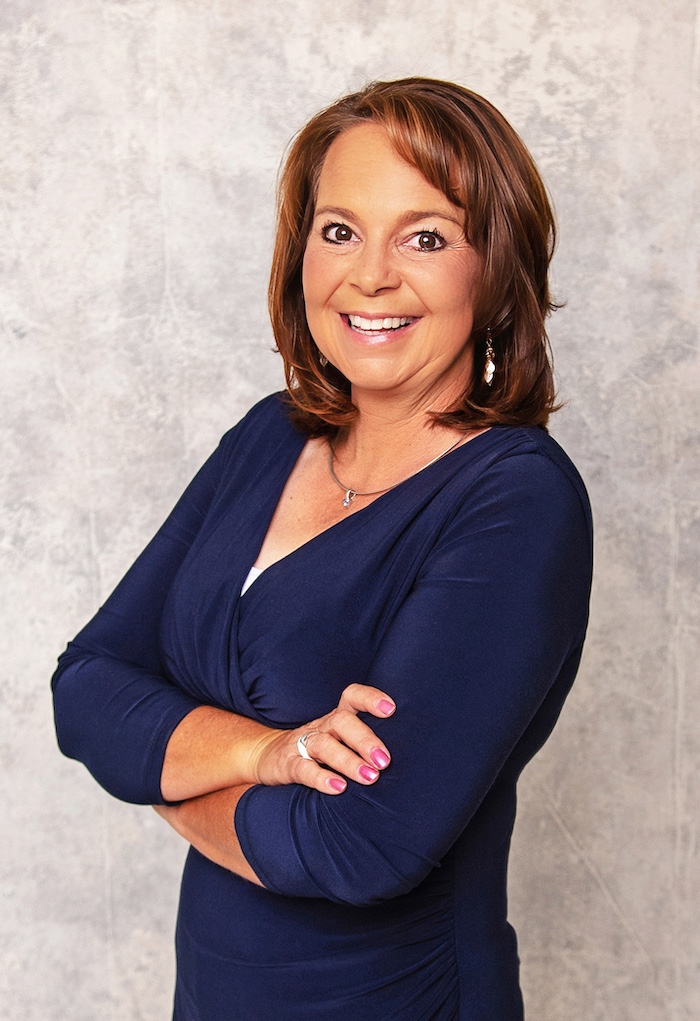
Do I need a will? It’s a common question, and one I hear more often than you’d think. Maybe you’re young and healthy and think it’s too early to create a will. Maybe you’re retired and feel like you don’t have enough money to need one. The truth is, Everyone Needs A Will.
A will is more than just a document; it’s a legal voice that speaks on your behalf when you can’t. It ensures that your wishes are known, respected, and enforceable under the law.
Why You Always Need a Will
Many people believe they do not need a will because they do not have a lot of assets or the assets they have are jointly owned.
Without a will, the state decides who gets your assets under intestacy laws. That might mean that your assets go to estranged relatives, minor children end up in custody battles, your partner (if unmarried) receives nothing, and you end up with unnecessary delays, court costs, and disputes! Even if the state laws would dictate that your assets go to the person you want them to go to, who oversees transferring those assets to your heirs. This can also be a contentious area. I had a client who wanted to be the personal representative of his father’s estate. Father did not have a will. His two other siblings were all fighting about who was going to be the personal representative. It was a lot of battling that did not need to happen.
Even if you’re using tools like beneficiary designations, trusts, or joint ownership, a will acts as the legal backup to catch anything that slips through. A will can just be a safety net when you need it.
What I Ask Clients: Let’s Start with the Basics
When helping someone draft their will, these are some of the foundational questions I ask. Grab a pen and paper and start thinking and writing about your own answers to these questions:
 What do you own? We discuss assets such as real property, personal property, bank accounts, investment accounts, retirement accounts, etc.
What do you own? We discuss assets such as real property, personal property, bank accounts, investment accounts, retirement accounts, etc.
Who do you want to receive your assets? Who do you want to have the house, the piece of heirloom jewelry, the cash in the bank accounts, the furniture, the art collection, etc. Do you want it all to go to your spouse/partner or do you want to provide for your spouse/partner and then the rest goes to your children? Do you have children from a prior relationship? We will discuss specific gifts, residuary clauses and big-picture distributions.
When do they inherit? I also ask about when you want your heirs to inherit. Most people do not want to hand over a lot of cash or large assets to an 18-year-old. Minors cannot inherit and special needs beneficiaries may lose their state benefits if they inherit. You may need contingency trusts or special needs trusts to handle these situations.
Who do you trust to carry out your wishes? You will need to nominate a personal representative for your will, guardians for your minor children, and possibly trustees of your trust if you use a trust. These are very important decisions to make and should not be made lightly.
Do you have specific goals or concerns? Maybe you want to minimize taxes, avoid probate, prevent a specific person from inheriting, protect assets from a beneficiary’s creditors or divorcing spouse. Maybe you want to leave money to a charity. We discuss your goals and different ways to accomplish them.
The answers to these questions help shape not just your will, but your entire estate plan. A will is just one part of the estate planning puzzle.

Making a Complete Estate Plan

A comprehensive estate plan often includes several documents working together:
Last Will and Testament
This document names who gets what, names guardians for children, and appoints your personal representative. It’s essential, but not always enough on its own.
Durable Power of Attorney
This document appoints someone to handle your finances and assets if you’re incapacitated. Without this, your family may have to petition the court for guardianship or conservatorship just to pay your bills.
Medical Power of Attorney & Advance Directive
This document lets your family and doctors know your healthcare wishes. It will appoint someone who will speak for you if you can’t speak for yourself. This document also outlines your wishes for medical treatment so there is no guess work in how to handle those tough decisions.
Beneficiary Designations
Beneficiary designations are legal arrangements that allow an individual to specify who will receive their assets, benefits, or property upon their death. Retirement accounts and life insurance can pass outside your will automatically upon your death. Make sure these designations are up-to-date and coordinated with your broader plan.
Living Trust (Optional)
A revocable trust can help avoid probate, manage assets for minors, and protect privacy. It doesn’t replace your will but complements it.
Common Mistakes to Avoid
Many people think they are too young to worry about estate planning. The unfortunate reality is that accidents and illness can happen to anyone. Estate planning isn’t just for retirees.
We live in a world of digital assets. Don’t forget to include those in your estate plan. Who can access your email, social media, crypto wallet, cloud storage, etc? This needs to be included in your plan.
Be careful of DIY mistakes. Generic templates may miss state-specific rules or critical provisions.
Ensure your documents all work together in a way that makes sense and coordinates with each other. I have seen many estate plans that contradict each other or don’t work well together.
Don’t forget to review and update your documents periodically. Life changes should always trigger a review. Things like marriage, divorce, death, and births should cause reflection on the ramifications on your estate plan. Even without major life changes, a review every 3-4 years is also beneficial.
Peace of Mind Starts with a Conversation
Creating a will isn’t about being morbid. It’s about being thoughtful. It’s one of the most important gifts you can leave for your loved ones. If you don’t want to do it for yourself, do it for those you care about. They will be thankful.
Whether you’re starting from scratch or need to review an outdated plan, we’re here to help.
Let’s protect your legacy and provide peace of mind for you and your family. Click below to schedule a meeting.



Leave a Reply